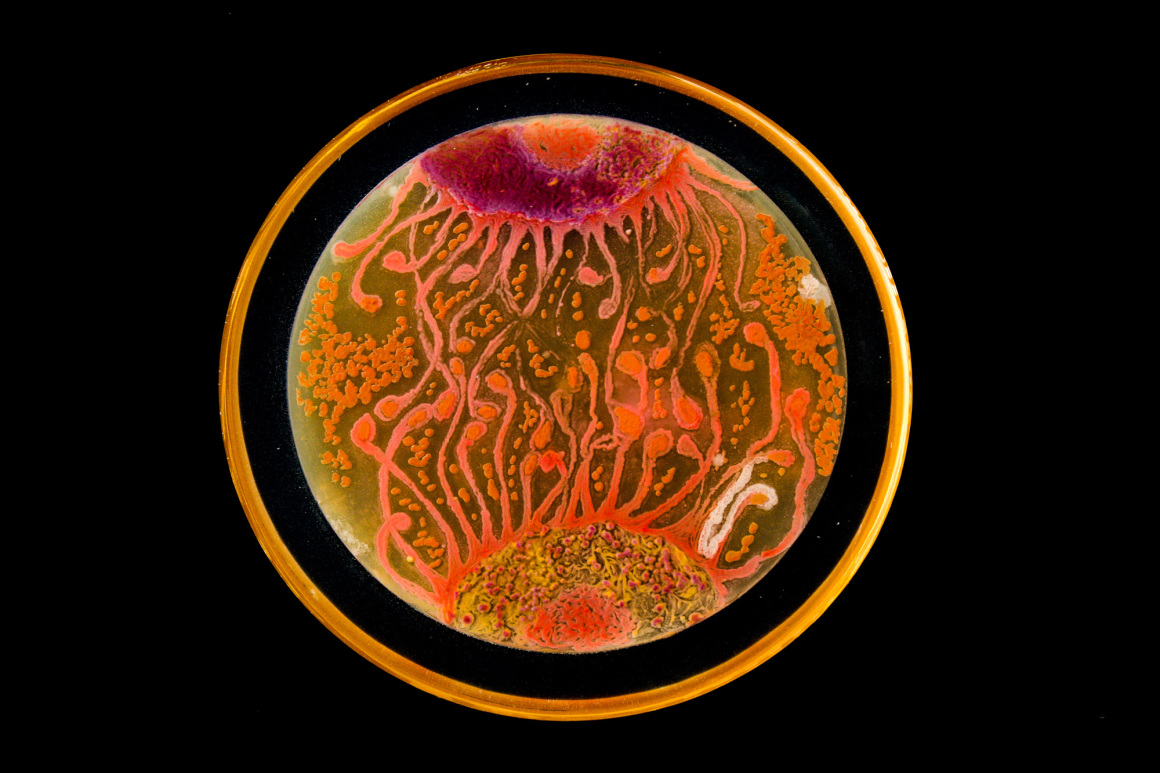
Can science eventually “explain everything?”
1. Nature is mechanical.
2. Matter is unconscious.
3. Laws of nature are fixed.
4. Total amount of matter and energy are always the same.
5. Nature is purposeless.
6. Biological inheritance is material.
7. Memories are stored as material traces.
8. Mind is in the brain.
9. Telepathy and other psychic phenomena are illusory.
10. Mechanistic medicine is the only kind that really works.
— Ten Dogmas of Science, according to Rubert Sheldrake (From Jesus Jazz Buddhism)
I recently listened to comedian Pete Holmes interview comedian and actor Andy Samberg on You Made It Weird. I really appreciate both comedians and I really like Holmes’s podcast because, unlike most other interview type audio programs, Holmes doesn’t shy away from asking celebrities about their spirituality. Normally, most of the comedians Holmes interviews on the show come off, in some way or another, as narrow-sighted materialistic atheists/agnostics who have very superficial/parochial understandings of religion, which is not surprising to me. Samberg was interesting to listen to because he seemed to indicate that he appreciated the religious tradition he was raised in (Judaism) and has found increasing value over the years in practicing many of the Jewish rituals, but in regard to the actual question regarding the existence of God, Samberg seemed to come off as a scientistic materialist indicating that it’s probably the case that science will be able to explain most of the things we don’t understand at some point or another.
I was disappointed to hear Samberg give such a reductionistic answer. In my opinion, saying ‘science will eventually explain everything’ is the pretentious materialist equivalent to the presumptuous religious fundamentalist who might say that ‘God has a plan so there’s no need to question things.’ Although, at face value, the Modern scientistic statement appears to have a more open and inquisitive, less-dogmatic posture, BOTH statements have hugely problematic underlying pre-suppositions. Ultimately, BOTH destroy imagination.
Scientism really bugs me. Don’t get me wrong, religious fundamentalism really bugs me as well, but there is something in particular about the reductionism, certainty, and assumptions eliminative-techno-materialist science makes that really gets under my skin. I think Rubert Sheldrake’s 10 dogmas of science above are pretty accurate and I think many people who appreciate Whitehead’s philosophy of organism would agree with them. Perhaps the biggest assumptions Western science makes (which are also the most relevant to this post about Samberg’s epistemological comment regarding science being able to “explain everything eventually”) are that: Nature is mechanical, matter is unconscious, mind is in the brain.
I think it was Kant who made the point 200+ years ago that there is no way science could “explain everything” because science, as a way of knowing, is predicated on the assumption that there is a mind to know things. In other words, science can’t get behind itself. With science set-up as it is currently, there is no way science can explain where subjectivity comes from without merely reducing it the physical aspects of the world, which physical science obviously thinks are the most fundamental aspects of reality. But by doing this science simply EXPLAINS AWAY subjectivity/consciousness, it does NOT explain it, and it inadvertently undermines its own authority. I don’t know how much clearer this could be. It boggles my mind to think that people don’t get this yet and have not embraced either some type of emergentist position, panpsychist position or even some type of non-reductionistic materialist position (there are lots of them out there).
Now, at this point, I’m tempted to ask myself the question: what if science was able to get past the 10 dogmas listed above, would it then be able to “explain everything?”
I would still be weary of underlying assumptions here. Even if science become more holistic, embracing a more radically empirical way of knowing, for instance, the impulse of wanting to “explain everything” still seems reductionistic, pretentious, and highly problematic. Accordingly, I would argue that getting past dogma number 3 (that the Laws of nature are fixed) means that the impulse of wanting to “explain everything” is no longer appropriate. If science is able to get past it’s 10 major dogmas, perhaps it begins to look more like imaginative philosophy/theology or poetry, were exploration, inspiration and enlightenment is the goal, not finality, certainty, and objective explanation.
…
Image above: a piece of art using microbes by Mehmet Berkmen with artist Maria Penil

0 Comments